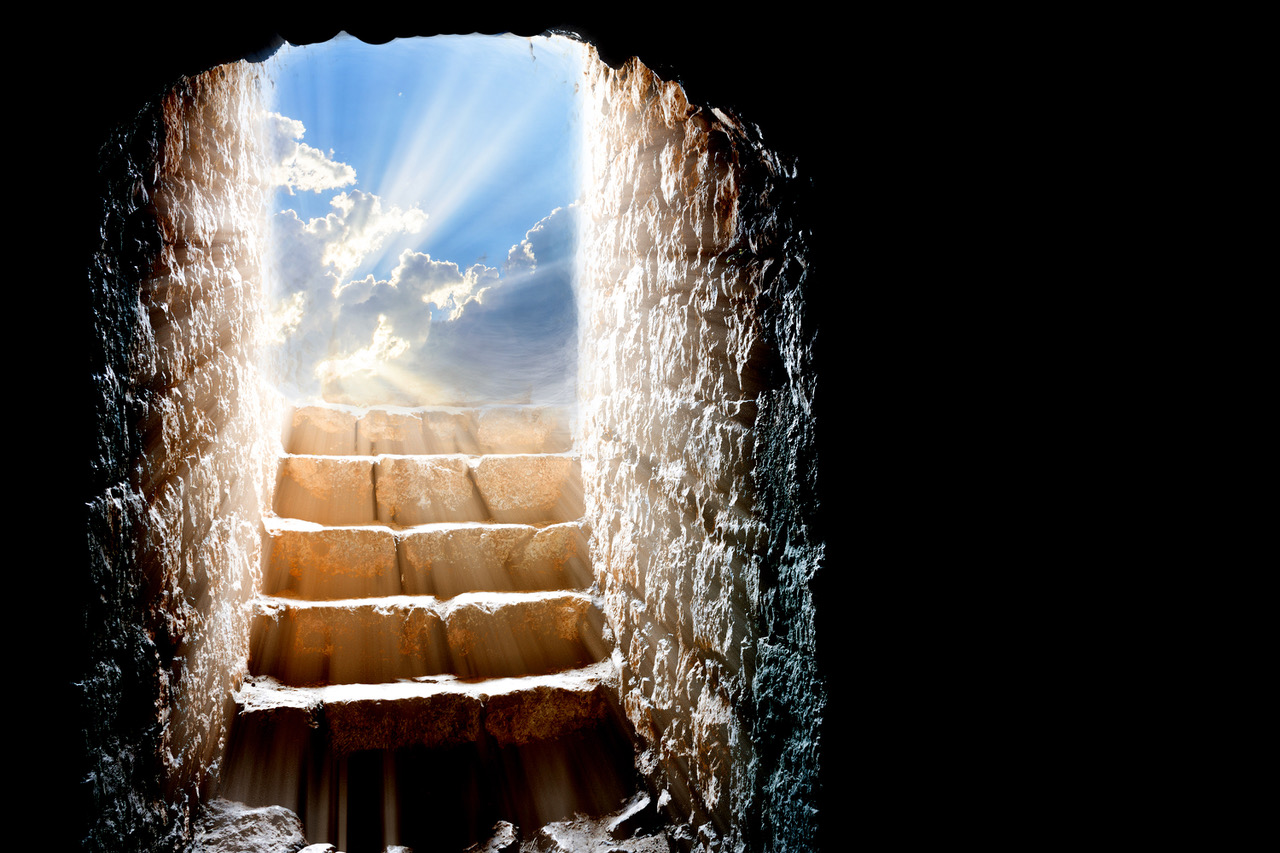Finding Hope in Unimaginable Suffering
 There may not be a greater pain than the loss of a newborn baby, just one hour old. That is the pain we suffered as a church family last week, and the weeping continues. Where can we find hope at such a time as this? The same place that Mary and Martha found hope, after their brother Lazarus had died.
There may not be a greater pain than the loss of a newborn baby, just one hour old. That is the pain we suffered as a church family last week, and the weeping continues. Where can we find hope at such a time as this? The same place that Mary and Martha found hope, after their brother Lazarus had died.
Read the story in John’s gospel, chapter 11. Three important truths emerge that are helping us deal with our pain.
First, in the midst of intense grief, it is the human response to ask why, and to seek someone to blame. You will see that both Martha and Mary said the same thing to Jesus when he arrived outside of Bethany: “Lord, if you had been here, my brother would not have died.” We must be very careful with the “what if” questions at a time of grief. Again, they are the human tendency. We want answers when something like this happens. We want to know what went wrong, and ultimately, we want to know who is at fault.
The sisters in Bethany got it right: Jesus was responsible for Lazarus’ death. If he had been there when Lazarus was sick, he could have healed him. Without question. The Jews got it right when they said, “Could not he who opened the eyes of the blind man also have kept this man from dying?” Again, without question, he could. In fact, when Jesus heard Lazarus was sick, he could have healed him from right where he was; Jesus did not have to be physically present to heal. That was true of Jesus then, and it is true of Jesus now.
We do not know why this precious baby died. But we know that no one is to blame. It was the sovereign will of a good and holy God. That’s what drives us to the next truth.
Second, in the midst of intense grief, it is the spiritual response to seek the Lord, because he loves us.
Martha and Mary sent word to Jesus when their brother was sick. And they went to meet Jesus after their brother had died. They loved Jesus, but more importantly, they knew Jesus loved them. That’s why they couldn’t understand why it happened. We struggle in the same way, asking why the Lord would do such a thing, when we know that the Lord is good and that he loves us. We know the Lord loves the parents of this little boy who died. We know the Lord loves his church that suffers along with them. That is why the human response is to ask why, or to reject God, when the spiritual response must be to run to him. Mary and Martha did what we must do. When we are tempted to doubt God’s love for us, we go to him.
In this story we see that Jesus was deeply moved by the grief of the family and friends of Lazarus, and he wept. Why did Jesus weep? It was not because he didn’t know what to do, or because he had let them down by not coming. Or because the whole thing had gone wrong and he never intended for all of this to happen. No! To believe any of that is to doubt the absolute loving sovereignty of our God. He wept because he loved them. That is why we have wept, and still weep. The brokenness of this church this week, the weeping we have done together, is because we love this family; they are part of us, the family of God.
Finally, we hold onto one towering truth. Jesus said to Martha: “I am the resurrection and the life. Whoever believes in me, though he die, yet shall he live.” He is the resurrection and the life for babies, for they are not at the age where they can trust him. He is the resurrection and life for the rest of us who do trust him alone for our salvation. That is the foundation for our faith, and it is why we gather every week to sing and pray and preach and give and serve. It is why we hold onto one another during times of grief, and it is why we can rejoice even in the midst of unimaginable suffering.
In Jesus we have hope for resurrection, and that hope will not disappoint.
